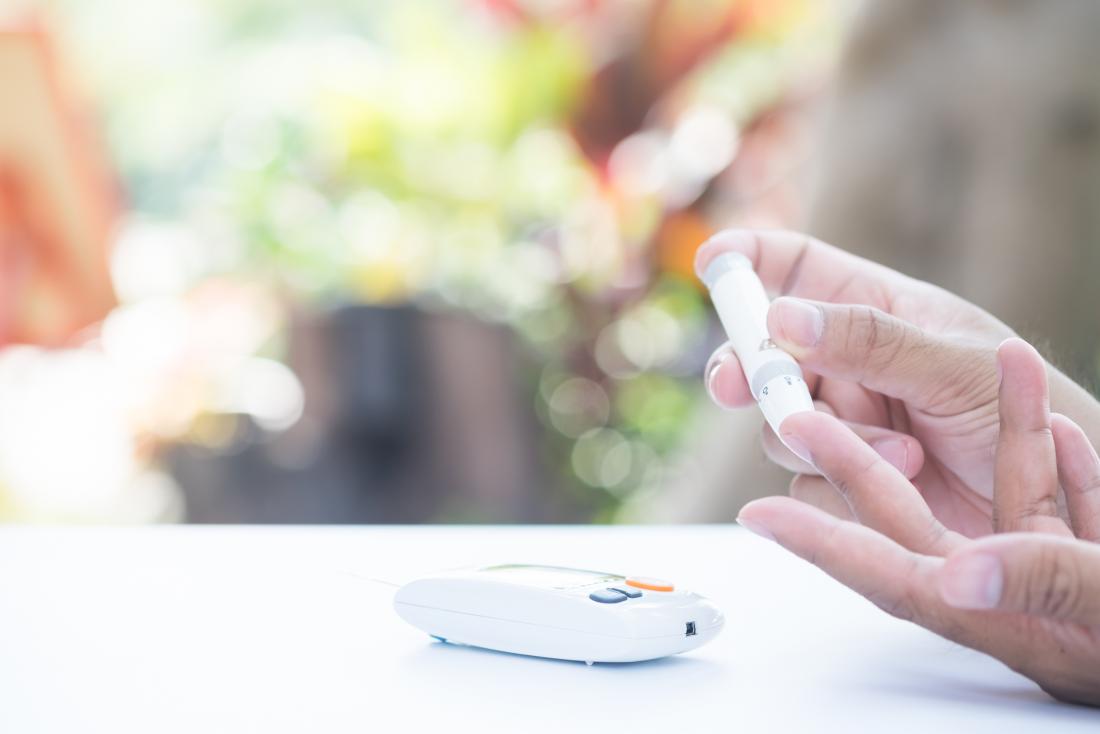|
How many of you are aware of the fact that type 2 diabetes (T2D) was a disease of the affluent sometime back? It was almost monopolized by the West but now every single country is a victim to this epidemic. Children who were once unaware of a disease called diabetes during earlier days are very common victim to juvenile diabetes currently owing to rising childhood obesity rates and intake of processed foods. The numbers too are quite staggering believed to affect around 290 million people annually and the numbers are expected to shoot up as high as 438 million by 2030. Diseases not only affect our health but also bring up expenses and bring down quality of life. You might not believe but expenses incurred via diabetes account for almost 12% of total health expenditure and this does affect the economy of developing countries greatly.
There is no use ranting about the illness without finding its risk factors and bringing in preventing measures. A lot many risk factors have been identified including a family history of diabetes mellitus, age, overweight, increased abdominal fat, sedentary behavior, inactivity and various biomarkers such as hyperinsulinaemia, increased fasting proinsulin and decreased HDL cholesterol. Diabetes can be type 1 or type 2 and both of them show familial disposition which brings upon the idea that there might be genetics involved in this whole affair. Our job is to identify all the modifiable risk factors such as diet and exercise, analyze the genetic predisposition and come to a conclusion regarding the same with the help of studies that point towards interactions between specific dietary components and genetic variants. Genetic Predisposition’s Effect on T2D-related Food Intake Any genome-wide association study (GWAS) on T2D links the effect of single nucleotide polymorphisms (SNP) on diabetes mellitus. Its been suggested that processed meat and sugar-sweetened beverages increase the risk of T2D while the consumption of whole grain foods and coffee reduce the risk, as per different study results. One research focused primarily on identifying the predominance of T2D in the Malmo Diet and Cancer (MDC) study according to a diet risk score (DRS) of the extremely common four foods and beverages (processed meats, sugar-sweetened beverages, whole grains and coffee) that are always associated with T2D. The genetic risk score (GRS) and its interaction with each of these diet components was analyzed. Participants were screened and selected for the MDC study based on various criteria and the research team was finally left with 6103 participants. Of them, 4193 were successfully genotyped for additional SNPs. The GRS for T2D was calculated from 48 T2D SNPs and an extended weighted GRS for T2D was calculated from 68 T2D SNPs. Dietary record was noted initially during the start of the study-the participants were given a 7-day menu book to record the foods and beverages consumed all through the day, a 168-item food questionnaire that asked about the frequency of consumption of common foods & drinks that were not listed in the diet book and a face-to-face interview happened for around 45 minutes. A DRS was formed based on the four foods that were increasingly associated with T2D and high points were assigned for those foods that were believed to increase the risk of T2D. Individuals were classified according to low, medium and high intake of the four foods-0 points were assigned to those with low intake of processed foods and sugary drinks, 1 point was assigned to those with medium intake and 2 points to those with high intake. Pointing system was completely opposite in the case of whole grains and coffee-no points were assigned to those with higher intake, 1 point was assigned to those with medium intake and 2 points to those with low intake. DRS was finally divided into three groups namely low DRS (0-2 points), medium DRS (3-5 points) and high DRS (6-8 points). Extended scores were formed for the intake of fruits and vegetables, fermented dairy and high-fat fish. Extended DRS were as given here: low (0-3 points), medium (4-6 points) and high (7-10 points). The final DRS score summing up both the components together include- low (0-4 points), medium (5-9 points) and high (10-14 points). Physical activity routines, smoking habits, alcohol consumption frequencies and education levels were noted for each of the participants. Results showed that:
Genetic Determinants of Type 2 Diabetes Twin studies in monozygotic (MZ) and dizygotic (DZ) twins show that genetic determinants do contribute to the development of type 2 diabetes mellitus and the rates are much higher in the MZ twins. A genetic approach helps in realizing the major causes of the disease and also lays the path for better diagnostic treatment and prevention. There are two common ways to unravel these genetic factors: Candidate Gene Approach Genetic defects in proteins that play prominent roles in pathways associated with insulin control and glucose homeostasis are great contributors for type 2 diabetes mellitus. Defective genes are identified by singling out an association between diabetes mellitus and functional polymorphism in a candidate gene. Over 250 candidate genes are studied for their associated with type 2 diabetes mellitus but most of the studies have failed to bring about any concrete associations. Genome Wide Scan The previous approach is of no help when we would like to identify new genes that might be associated with type 2 diabetes. Genome wide scans performed using polymorphic markers help in identifying new genes for type 2 diabetes mellitus. In more than a decade, GWAS has helped in identifying more than 65 genetic variants that increase the risk of type 2 diabetes by 10-30%. Several cross-sectional studies including participants with or without diabetes showed that genetic factors showed limited scope in predicting an individual’s risk for diabetes. There are studies that show that the risk of genetic variants on T2D are neutralized by their beneficial effect on other key organs and tissues involved in the pathogenesis of type 2 diabetes or having difference responses to nutrition. References Dietary & Genetic Risk Scores & Incidence of Type 2 Diabetes: https://www.ncbi.nlm.nih.gov/pmc/articles/PMC5956794/ Defining the Genetic Contribution of Type 2 Diabetes Mellitus: https://jmg.bmj.com/content/38/9/569.full Comments are closed.
|
AVOID FRAUD. EAT SMART+91 7846 800 800
|
- Home
- Written Testimonials
- Consult
- Clinics
- Blogs
-
Diet & Nutrition
- Diabetes Reversal
- IVF IUI not needed for PCOS PCOD Infertility
-
Medical Nutrition
>
-
Disease & Conditions
>
- Infertility | PCOS
- Diabetes Mellitus
- Cholesterol
- Hypothyroid
- Kidney Problems
- Hypertension
- Cardiovascular Diseases
- Liver Diseases
- Gastro intestinal disorder
- Cancer
- Metabolic Disorders
- Orthopedic Disorders
- Eating Disorders
- Dietary Recall
- Weight Record Filled By Clients
- Online Payment Transaction Details
- Online Clients Weight Check Form
- Our Program Package Service Charges
- Weight Record 2017 Clients
- Measurements sent by Clients
- Terms & Conditions Of Payment
- Thanks. Your Form is Submitted
- Video Testimonials
- Lifestyle & Wellness
- Lifestyle & Wellness Blog
- Allergy & Intolerance
- Weight Loss / Gain
- Weight Loss / Slimming Blog
-
Disease & Conditions
>
- Life Cycle Nutrition >
- Sports Nutrition >
- Integrity in Nutrition
- Knowledge Centre
© COPYRIGHT 2022. ALL RIGHTS RESERVED. FRST HEALTHCARE PVT LTD.
Dr. Nafeesa Imteyaz of First Eat Right clinic, is the Best Dietitian Nutritionist in Bangalore. Best Dietitian Nutritionist in Pune. Best Dietitian Nutritionist in Hyderabad. Best Dietitian Nutritionist in Chennai. Best Dietitian Nutritionist in Mumbai. Best Dietitian Nutritionist in Delhi. Best Dietitian Nutritionist in Kolkata.



